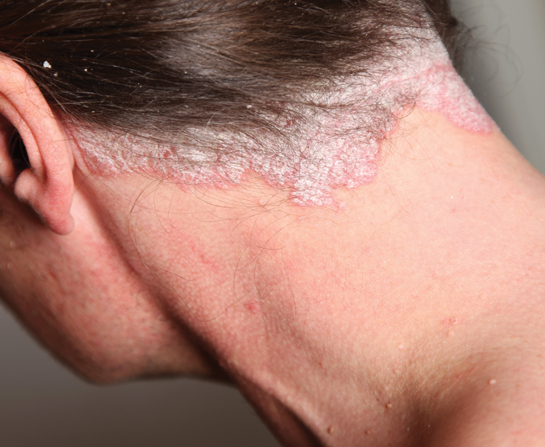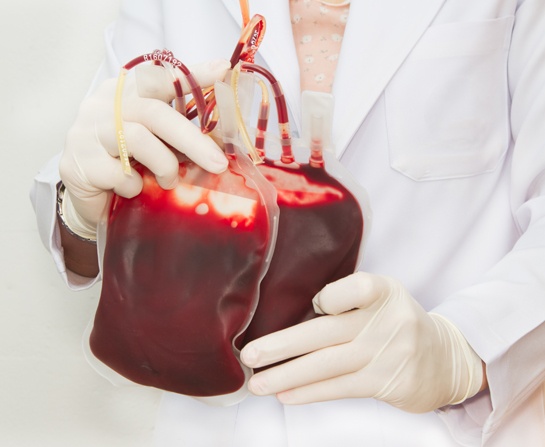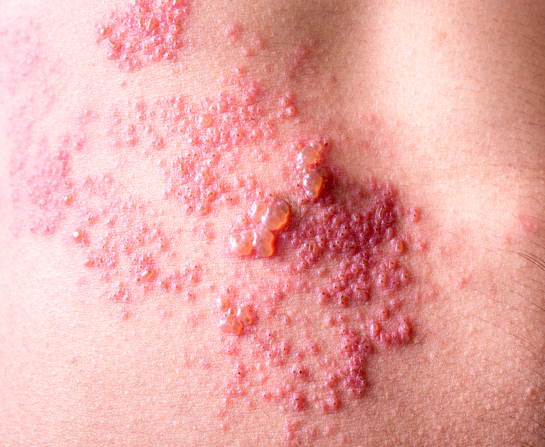Soaring Despite Psoriasis
April 28, 2022 Return

Psoriasis is commonly assumed by many to be a skin disease, as patients experience red, crusty, with flaky and silvery scale-like patches on the skin and sometimes even on their nails.
Its true nature is actually a little more complicated. Psoriasis is caused by the immune system of the patient attacking healthy skin cells under the assumption that these skin cells are dangerous enemies.
Physical and mental scarring
While the condition is rarely life-threatening, patients with psoriasis often experience a lower quality of life. The itch or pain can make it hard to leave the house for school or work.
For many patients, there are also negative psychological effects. The flaking of their skin onto furniture and floor can make them feel embarrassed to leave the house. Furthermore, many people do not understand psoriasis and assume that the patients have an infectious disease, and their negative reaction to these patients can damage the patients’ self-esteem. Also, patients with symptoms showing on visible areas of the skin that are usually not covered by clothing, such as the face, usually feel embarrassed to leave the house. The self-imposed isolation of these patients may eventually lead to loneliness and possibly even depression.
Treating psoriasis
Treatment of psoriasis often targets the immune system that is causing the symptoms. According to experienced dermatologist Dr Steven Chow Kim Weng, current treatments include the medication called ustekinumab as well as conventional therapies (eg, topical steroids, retinoids, ultraviolet A and B treatments, tumour necrosis factor inhibitors). These treatments have their own limitations, however, such as lowered effectiveness over time, long-term toxicity, and insufficient recovery.
According to Dr Chow, there is a new medication, secukinumab, which was launched in Malaysia earlier this year. Research found that secukinumab is a promising new option for patients with psoriasis:
- The severity of a patient’s psoriasis is measured using the psoriasis area severity index (PASI); the current goal of psoriasis treatment is to get the patient to achieve PASI 75, which means a 75% reduction in the severity of the psoriasis. With secukinumab, PASI 90 – a 90% reduction in severity – is found to be possible, which means there is a higher chance for the patient to actually attain clear skin after treatment.
- The safety profile of this medication is found to be similar to ustekinumab, and side effects (such as upper respiratory tract infection) are generally mild to moderate in nature.
- One common consequence of psoriasis is psoriasis arthritis, which can cause the joints of the arms and legs to swell and become stiff, making movement difficult and even painful. Secukinumab has been found to be able to effectively control this condition as well, with patients taking this medication achieving up to 20% improvement in tender and swollen joint counts.
Patients with psoriasis can consult their doctor for more information on secukinumab.
If you like this article, do subscribe here.






